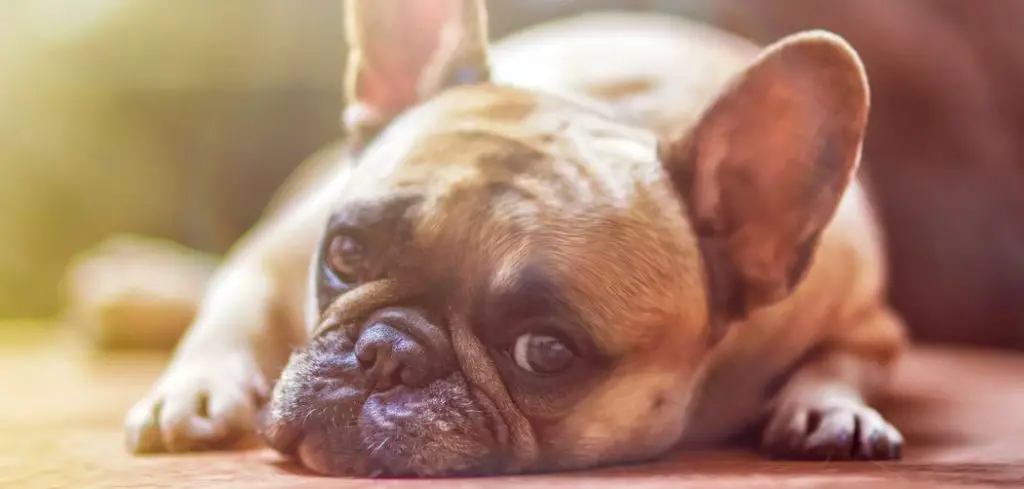If your dog is drinking a lot of water specifically at night, it can be puzzling and disruptive. While occasional nighttime thirst isn’t unusual, frequent or excessive drinking after dark may point to underlying medical or behavioral issues.
We outline the common causes of dog drinking a lot of water at night, what you can do at home, and when to seek veterinary help.
Dog Drinking a Lot of Water at Night — Why It Happens
Dogs that drink excessively during the night may be compensating for dehydration, experiencing hormonal changes, dealing with anxiety, or suffering from early organ dysfunction. It can also reflect issues like diabetes, Cushing’s disease, or simply poor water access during the day.

Common Causes of Dog Drinking a Lot of Water at Night
Inadequate Water Intake During the Day
If your dog isn’t drinking enough during daylight hours—perhaps due to being left alone, distractions, or lack of access—they may compensate at night.
This is more likely if their water bowl is not refilled frequently or is located somewhere inconvenient.
Increasing water availability and encouraging hydration earlier in the day often resolves this pattern.
Diabetes Mellitus
Diabetic dogs often experience excessive thirst (polydipsia), which may be more noticeable at night when the household is quiet.
This is typically paired with frequent urination, weight loss, and increased appetite.
If you notice these signs, your vet can confirm with blood and urine tests. Treatment includes insulin and dietary changes.
Cushing’s Disease
In dogs with Cushing’s, cortisol levels are abnormally high, disrupting their internal regulation of thirst and urination.
They may drink and urinate excessively at all hours, including during the night.
You might also notice a pot-bellied appearance, thinning hair, or panting. Diagnosis involves hormone testing.
Anxiety or Sleep Disruption
Anxious dogs may pace or pant at night and then drink more due to restlessness.
Triggers can include changes in routine, new pets, loud noises, or separation anxiety.
You may see additional signs like whining, pacing, or hiding. Addressing the source of stress and adding calming aids can help.
Kidney Disease
Early stages of kidney dysfunction often present subtly. Dogs may begin drinking more and urinating more, especially at night.
Other signs can include nausea, reduced appetite, or weight loss. Left untreated, it can progress to serious illness.
Routine bloodwork and urinalysis help catch kidney issues early and allow for effective management.
Related: Dog drinking a lot of water and not eating (Here’s why)
Medication Side Effects
If your dog recently started medications—like steroids or diuretics—increased nighttime thirst may be a side effect.
These drugs often affect fluid balance and can cause increased drinking and urination.
Talk to your vet about adjusting dosage or switching medications if this becomes problematic.
What to Do If Your Dog Is Drinking a Lot at Night
Ensure your dog has access to clean, fresh water throughout the day. Encourage earlier hydration with treats or flavored broth if needed.
Track how much your dog is drinking over 24 hours to help your vet assess overall fluid intake.
Create a calming bedtime routine and reduce stimulation in the evening.
Avoid giving food or salty treats late in the day, as they may increase thirst.
Make note of urination patterns—are they waking to pee or only to drink? This can help narrow down the cause.
When to Call or Visit Your Vet
Call your vet if your dog:
Drinks excessively every night for several days
Begins urinating indoors or more frequently
Shows signs of restlessness, weight loss, or panting
Has changes in appetite, mood, or energy levels
Is taking medications and suddenly starts drinking more at night
Diagnostic tests like bloodwork, urinalysis, and hormone panels can pinpoint the issue.
Read more: Dog Drinking a Lot of Water and Coughing (What it means)
Key Takeaway
A dog drinking a lot of water at night could be reacting to daytime water restrictions, stress, or an early symptom of a health condition.
Don’t overlook it—track the behavior, support healthy hydration habits, and consult your vet to rule out or manage any underlying issues.
